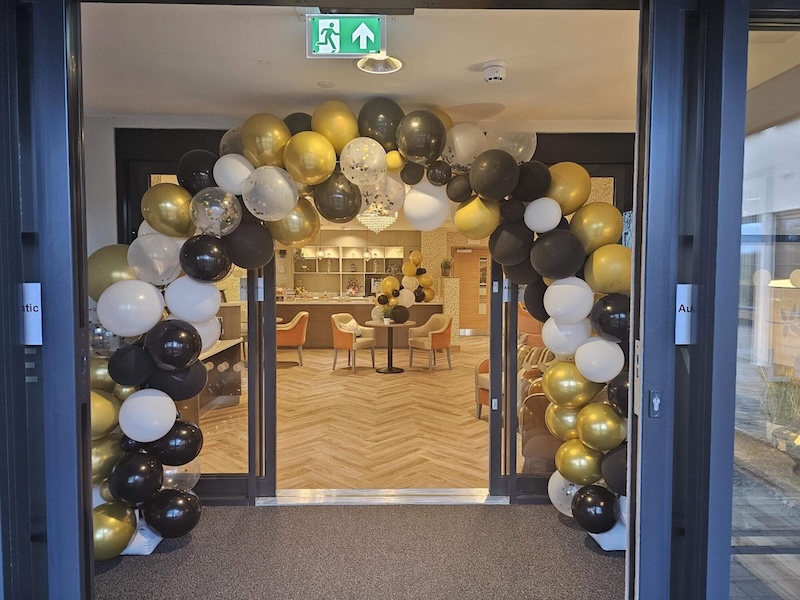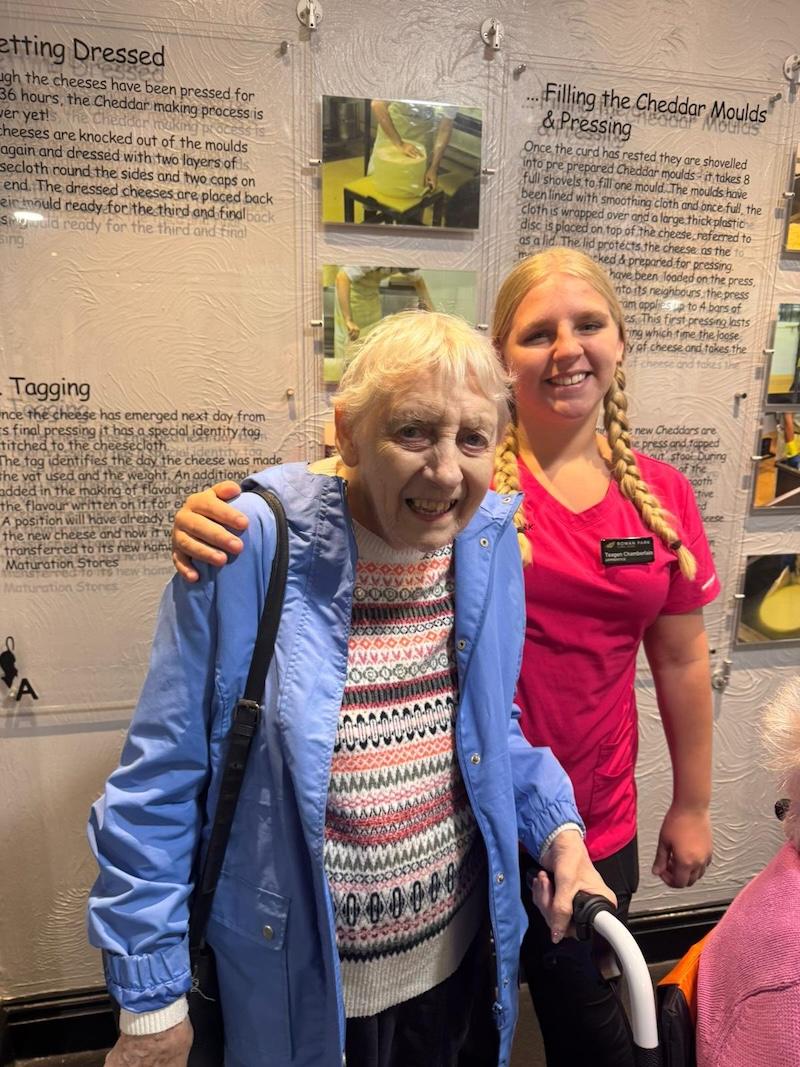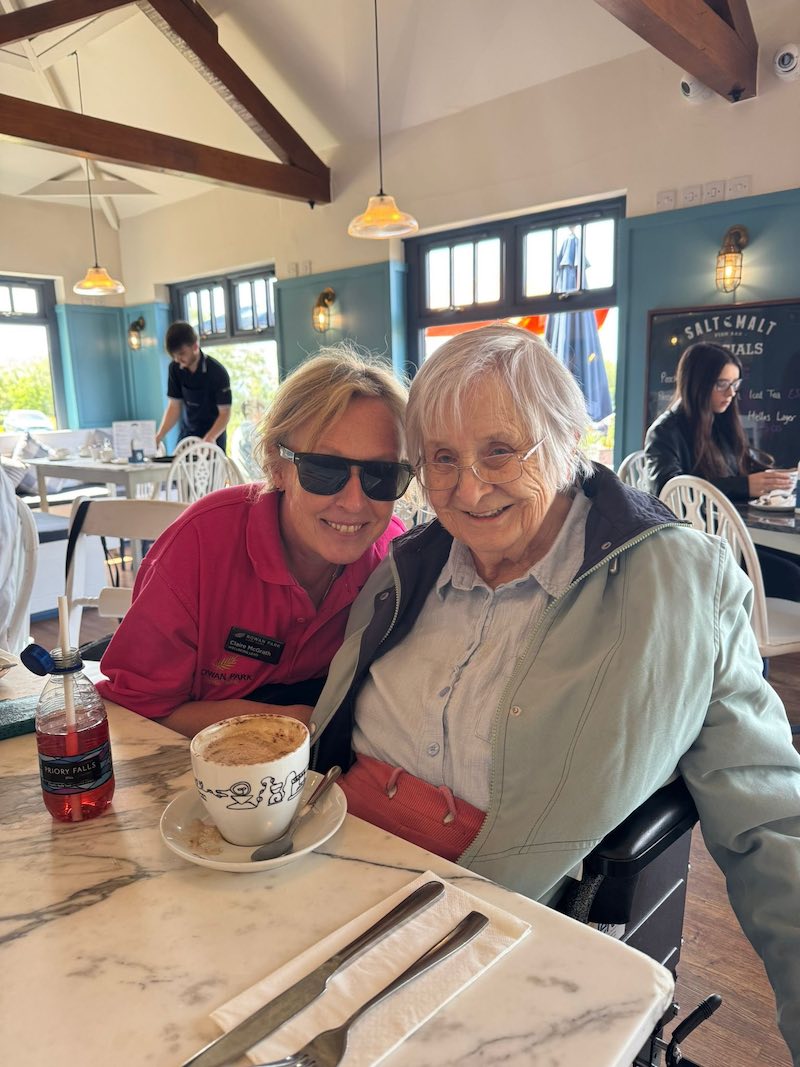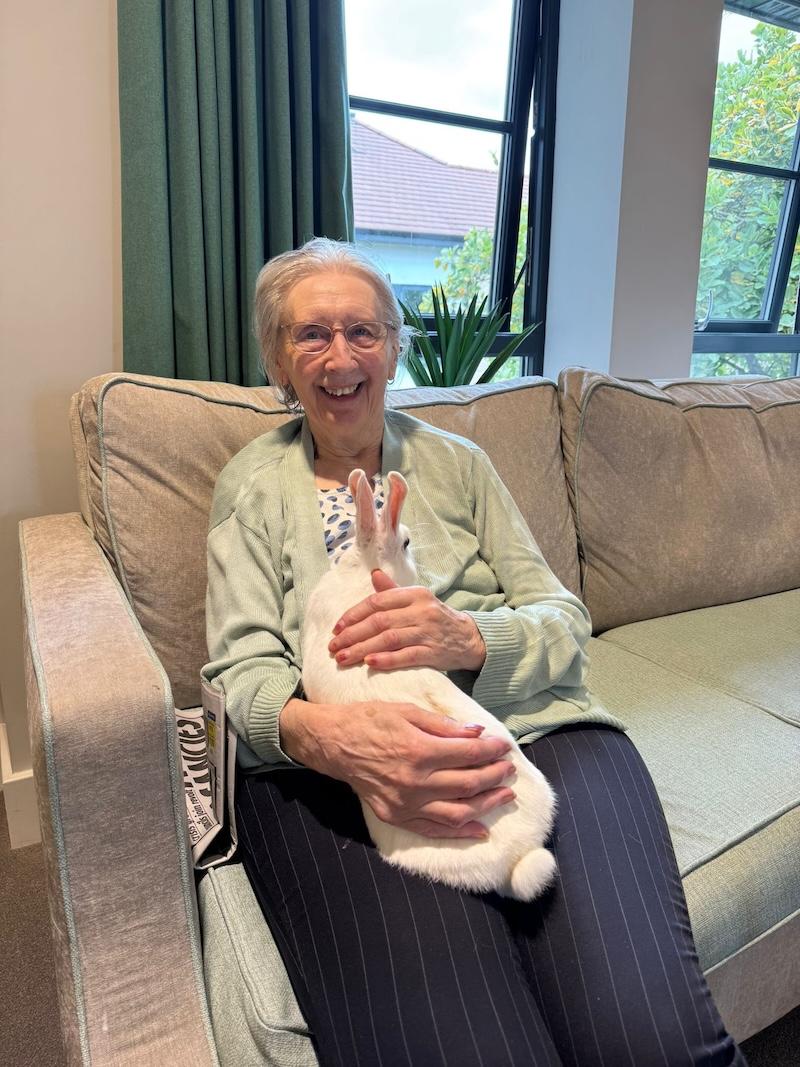10 Questions to Ask When Visiting a Care Home
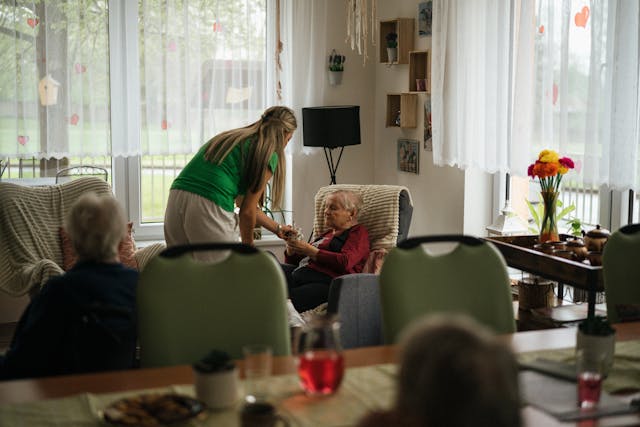
Choosing a care home or nursing home for a loved one is a big decision that affects all members of the family. The right care home can offer safety and support for your loved ones' well-being and visiting in person is the best way to get a clear idea of the environment and the care provided. It’s also a chance for family members to see how residents live, meet staff, and ask questions that affect their loved ones' daily lives.
Our List of Top 10 Questions to Ask Before Moving In
A care home visit is not just about seeing the building or facilities. It’s about understanding the community, the support available and how your loved one’s personal preferences will be respected. Asking the right questions during your visit will help you make an informed decision and give your family peace of mind. In this blog, we will outline the top 10 questions to ask when visiting a care home to provide you with further understanding.
What Are Your Initial Impressions Upon Arrival?
When going for a care home visit, you should take note of your immediate impressions. The atmosphere should be welcoming, clean, and well-maintained. Observe the shared spaces and see whether residents appear comfortable and at ease. Look at how staff interact with residents and visitors, as this can be indicative of the home’s culture and standards. These observations will help you determine if the care home is likely to provide an environment where your loved one can feel secure and valued.
What Is the Staff-to-Resident Ratio?
Understanding the staff-to-resident ratio is an important factor to consider when assessing a suitable care home. Ask the care home manager how many carers and trained nurses are present during various shifts, both day and night. Also, you can ask whether the home relies on agency staff or maintains a consistent team. The ratio of staff to residents can vary greatly between homes and can have a direct impact on the quality of personalised care and support provided, particularly for residents with complex needs or dementia.
It is also essential to ask about staff training, including how staff are prepared to handle medical emergencies. Adequate staffing ensures residents receive prompt attention and appropriate support at all times.
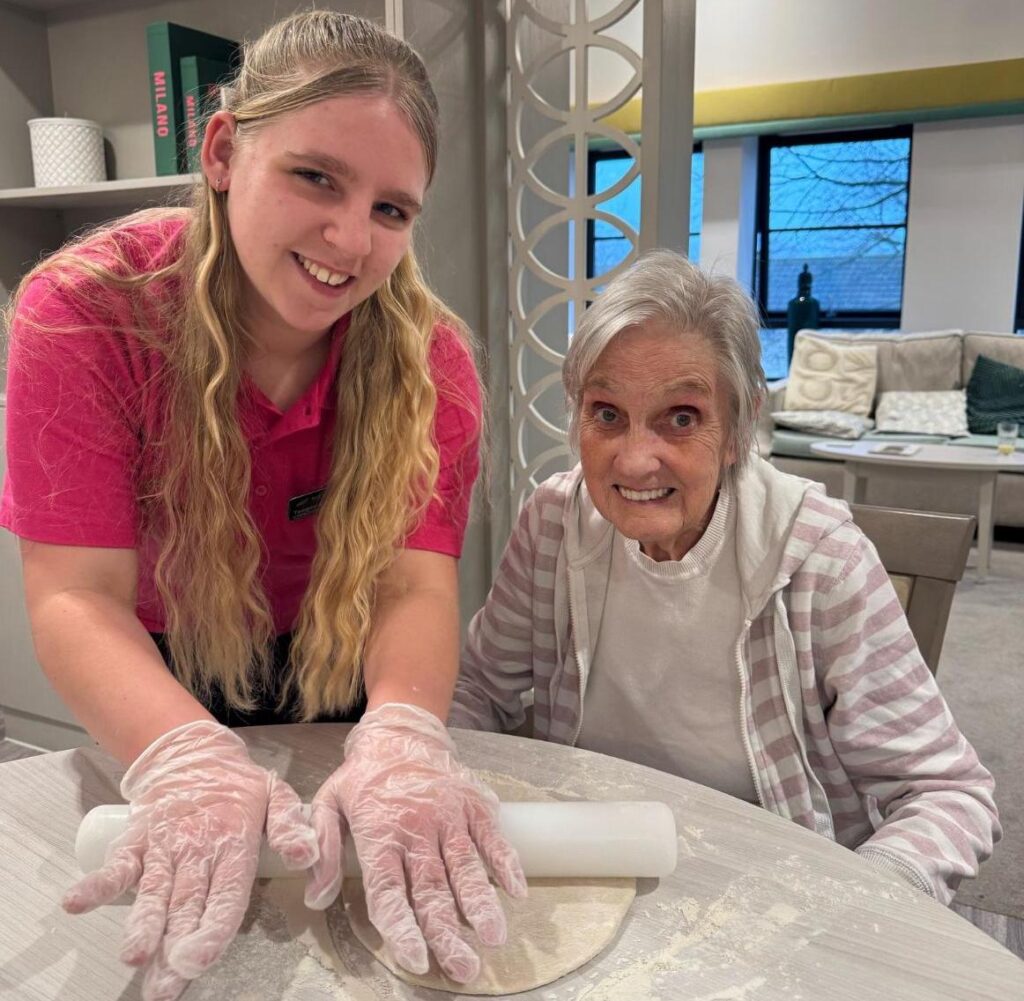


Can Residents Bring Their Own Furniture and Personal Belongings?
Being able to personalise your own bedroom can create a smoother transition when moving in. When on a tour, ask whether residents can bring furniture or cherished belongings. Many care homes encourage this, as familiar items can help residents feel more comfortable and support their mental health. Also, clarify any restrictions regarding what residents may bring and whether rooms can be adapted to suit personal preferences.
How Are Family Members and Friends Involved in Residents’ Daily Lives?
Maintaining strong connections with family and friends is vital for a resident’s well-being. Make sure to ask about the care home’s approach to family involvement. Some homes allow loved ones to join at any time, while others require a visit to happen during certain hours. You could also see when you arrive if there is parking available and how many spaces this includes.
What Activities and Social Opportunities Are Provided?
Leading a fulfilling lifestyle extends beyond meeting basic needs. When visiting, ask the care home manager what kinds of activities are available, if there are activities coordinators who organise events and how they use residents' interests to shape activities. Meaningful engagement is essential for maintaining mental health and overall well-being, so a care home that encourages this would be better for you or your loved one.
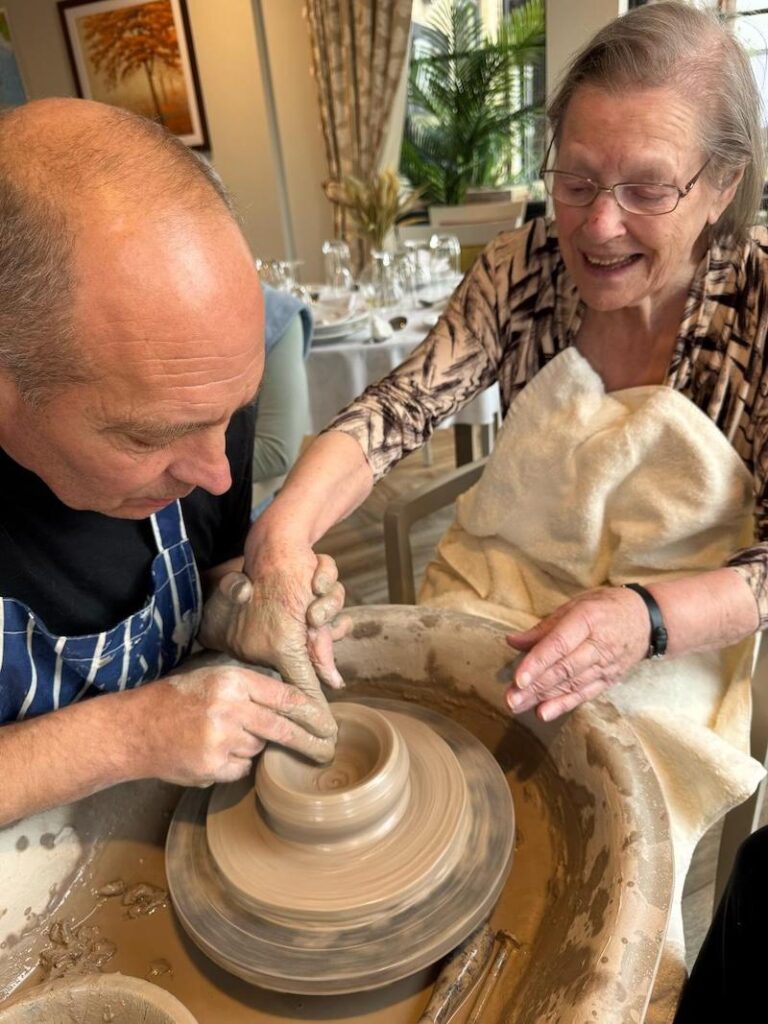

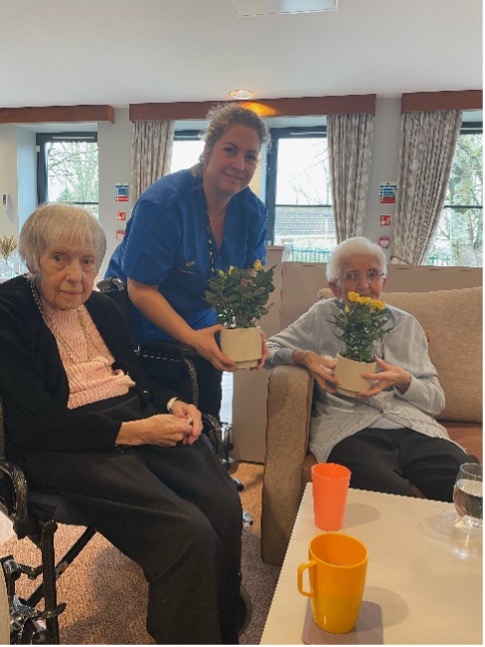
How Are Dietary Needs and Food Preferences Managed?
Nutrition is a fundamental aspect of care. Ask to review sample menus and learn how the care home accommodates special dietary needs, including those who prefer to graze. Determine whether residents can request changes to the menu or have input regarding meals and if there is an in-house chef team. The ability to cater to individual dietary requirements and preferences is a mark of a high-quality care home.
What Support Is Available to Ensure Personalised Care?
One indication of an ideal care home is offering care that is tailored to each resident. Everybody has a unique set of needs, so care homes should celebrate and focus on this. Make sure to ask about how their care plans are created, who is involved, where this is kept and how often it is updated. Some care homes keep their care plans digitally, while others are paper-based. Also, find out how much input residents have in shaping their care through feedback books or group meetings and see how often these happen. A good care home is built around its residents and this will be reflected in how much input they have.
What Is Included in the Fee?
Before choosing a care home, it is essential to understand exactly what the fee covers. Some care homes offer an all-inclusive fee that covers accommodation, meals, laundry, personal care and access to activities, while others may charge separately for certain services such as outings, hairdressing, or specialist therapies. Fees can vary significantly, so it is important to request a detailed breakdown of what is included and to ask how often fees are reviewed or increased. Clarifying these details in advance will help your family avoid unexpected costs and plan effectively for your loved one’s care.
What Are the Visiting Hours and Visitor Policies?
Policies regarding visitors can impact the frequency and quality of family contact. Ask whether the care home has set visiting hours or offers flexibility, if children or pets are allowed and if they have any in-house phones that can be used to contact loved ones. Some have availability for room landlines, but others only have a reception phone available. Flexible and inclusive visiting policies support residents in maintaining strong relationships with family and friends.
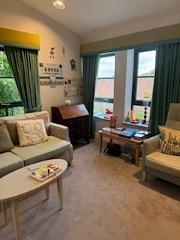
What Facilities and Services Are Available to Residents?
The in-house facilities and services can contribute significantly to residents’ comfort and satisfaction. Ask about the range of amenities such as gardens, quiet rooms and communal areas for relaxation or socialising. Also, talk to the home about additional services, including hairdressing, chiropody, and assistance with trips out. The availability of diverse facilities and services can enhance daily life and provide reassurance to families.
Come For a Tour at Rowan Park Care Home
Asking these questions during your care home visit will provide a clearer understanding of whether a particular home is suitable for your loved one. Take the time to speak with staff, observe daily routines and involve your family in the decision-making process, as this can make you feel comfortable with your decision.
At Rowan Park Care Home, we are committed to delivering personalised care that meets the unique needs of each resident, whether they require residential, nursing, dementia or respite care. Residents are encouraged to bring their own furniture and belongings to create a familiar and comfortable environment and our activities coordinator ensures each day is full of activities and events to support our residents' well-being.
Family visits are always welcome, with ample parking spaces and inviting shared areas for spending time together. Our dedicated team of trained nurses and carers is available at all times, prepared to respond to medical emergencies and provide continuous support. We always work closely with families at our care home in Somerset to ensure every resident receives the highest quality of care.
If you are considering a care home for your loved one, we invite you to contact Rowan Park Care Home to arrange a visit. Experience our welcoming community, meet our dedicated staff, view our facilities and learn more about how we can support your loved one in living a fulfilling and dignified life. We can't wait to welcome you.
